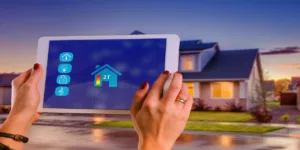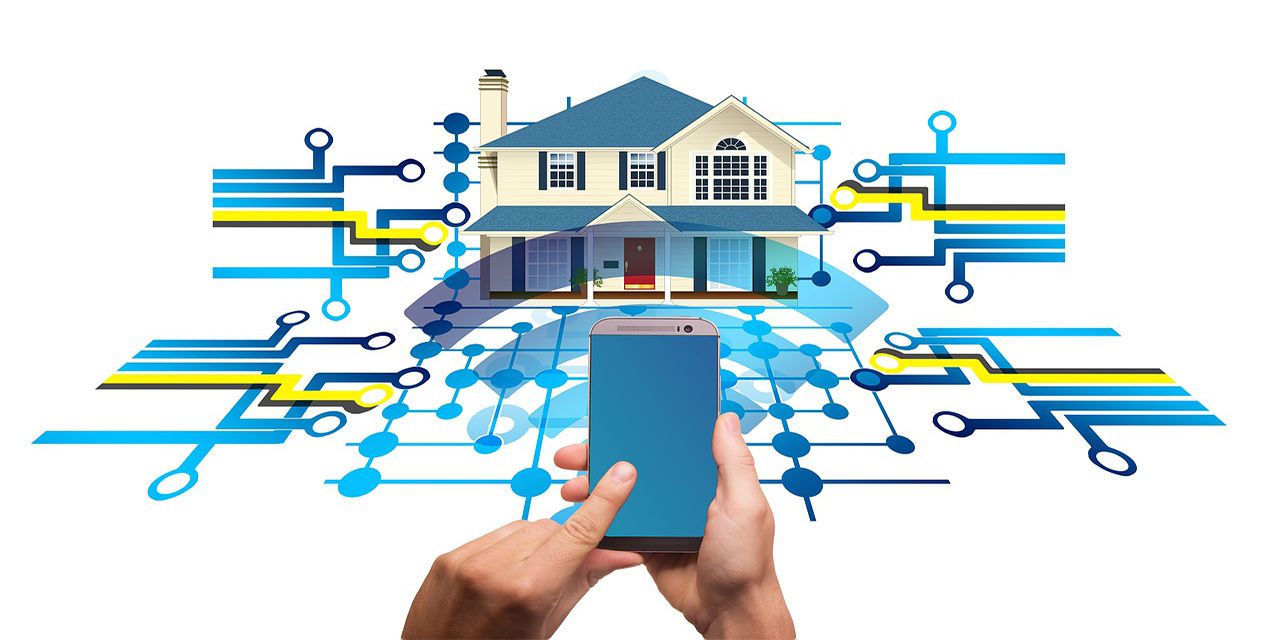While smart home systems are becoming more popular, there are still some shortfalls. With current limitations being faced by these technologies, many people are not adopting such systems or turn to lower-tech options that feel more secure and reliable.
Current Use Of Smart Home Technology
By 2024, at least 555 million devices fitted with digital voice assistant technology will be used in homes around the world – and connected to smart devices in that same house. Alexa and Siri are currently considered the most popular devices used to set up a smart home, but other options are quickly rising to the top as well.
Brands are also making these products easier for the average person to utilize. Fixing Alexa issues no longer requires an expert, with easy walkthrough available directly on the manufacturer’s website and even on YouTube. The same goes for other virtual assistants that aim at making the home a smarter environment.
Why Our Homes Are Not So Smart Yet
Even though we have seen a lot of advancements in smart home technology, we still have a long way to go. Thus, when looking at the implementation of these devices and technologies, there are a few areas that really do not make our homes as smart as we want it to be. Let’s consider some of the ways that this technology doesn’t match up to the term “smart” completely yet.
1. Expectations That Outmatch The Rate Of Advancements
While we are seeing smart home technology advancing quickly, perhaps we need to consider that these advancements do not match the expectations that we have. We were presented with feature films – fictional media – that showed us a world where smart home automation allows everything to work together seamlessly.
When smart home technology that introduced, the world expected these systems to work like they were presented in fictional work. Unfortunately, this led to unrealistic expectations. Thus, we need to take a step back and face reality – the technology in the real world still has a long way to go!
2. Privacy Matters
A smart home would be the ideal place to live, where everything works together flawlessly. One problem with these factors right now is privacy.
Many people have raised their concern about smart home technology, not being in favor of their own privacy. You obviously do not want someone to record your activities in your own home. What’s more, several reports have been published about smart home devices being hacked. This is an area that needs to be addressed, as it is currently taking away from the “smart” in this technology.
3. A Complicated Setup Process
Yet another issue that makes this smart setup less ideal is the fact that the installation and configuration seem to be tedious and unpleasant. Many people do find that it is difficult to get all of these devices to work together with no presented issues.
For the technology to be truly smart, it needs to the average person who would necessarily be considered “tech-savvy” a way of getting things running without having to go through extensive troubles – or being faced with consistent challenges. When it is too much of an effort to install these smart home systems, a person would be more likely to opt for an alternative.
4. Similar Functions To What We Already Have
The majority of the population now has access to smartphones. This is another department of technology that is quickly advancing – and we see smart technology being built into these devices as well.
When it comes to smart home features – we are noticing a number of products (consider Google Home and the Apple speaker) that provide us with the same features already in the smartphone’s digital voice assistant. For the home to be truly smart, these devices need to offer us more than what our smartphones can already do.
5. Current Features Aim At Being “Cool” Too Often
Consider some of the features that we are seeing in smart home technology today. You can turn your washing machine on with your mobile device or through a voice command. You can do the same with the stove. Sure, this is “cool” – but do we really need it?
Many of the features in these systems at the moment focus too much on impressions, often influenced by society’s view on what would be a convenience – and when they start focusing on what we really need, then we would be moving toward a true “smart” home.
Smart Home Systems Are Not Yet As “Smart” As We Would Like Them To Be
Smart home technologies are improving continuously, yet we are still faced with some areas where these features lack. In the future, we will likely be seeing a focus on the current challenges faced by smart home technology. At the same time, setting realistic expectations is important.
Kostas Chiotis is experienced in the field of technology and always keeps up with the latest innovations and trends. Take a look at his blog by visiting TechMused.com









